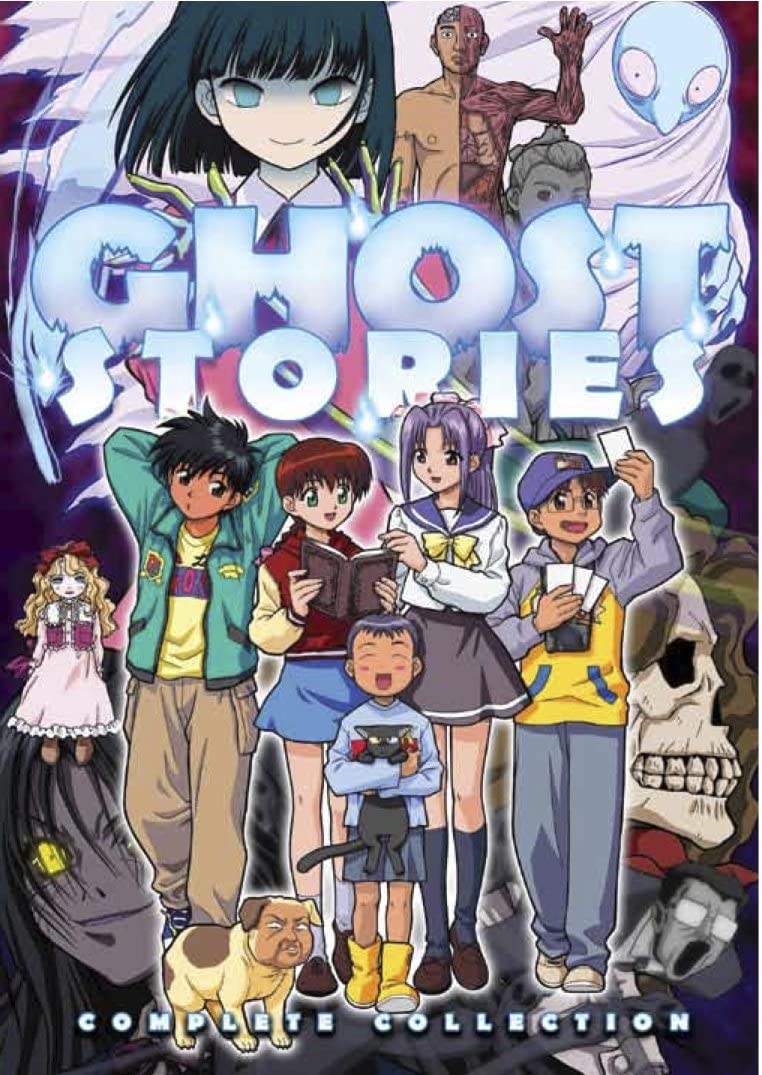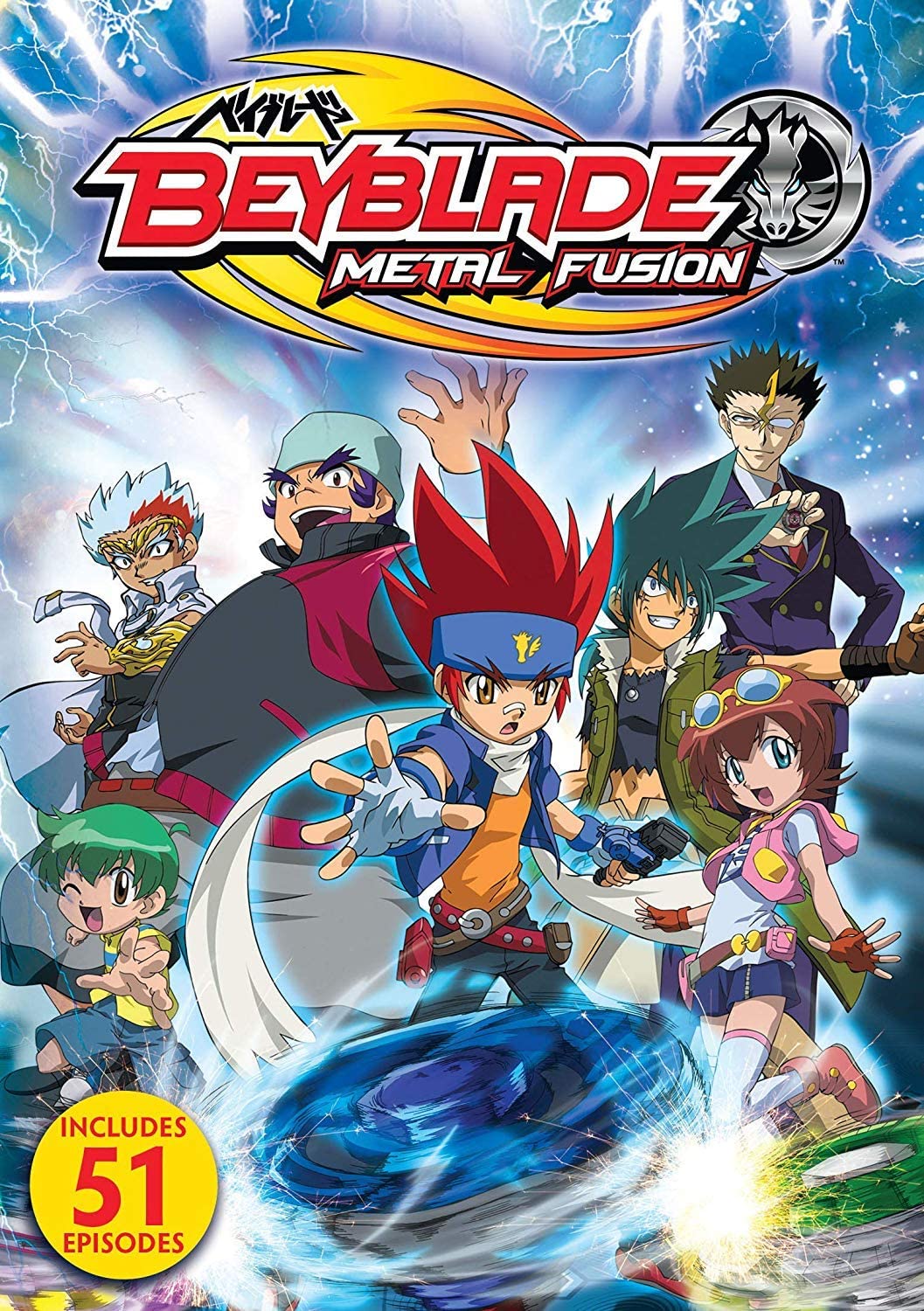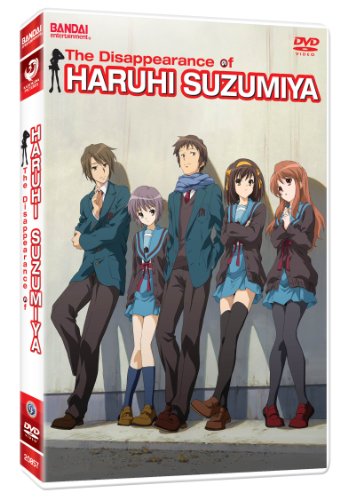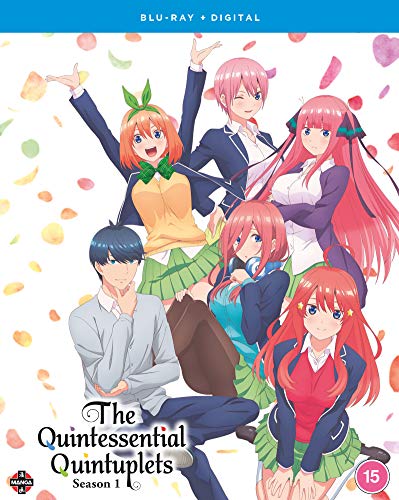Beyblade Metal Fusion

Price: 92.63
(as of Jan 11, 2023 02:20:36 UTC – Details)

The theatrical feature The Disappearance of Haruhi Suzumiya (2010) reunites the characters (and crew and voice cast) of the popular series The Melancholy of Haruhi Suzumiya in an extended and appropriately offbeat adventure. Ignoring the bitter cold, Haruhi charges ahead with plans for the SOS Brigade to hold a Christmas Eve party. But when perpetually put-upon Kyon wakes up on December 18, the tinsel he bought the night before is missing from his backpack. Before class begins at North High, the murderous Asakura takes Haruhi’s seat. When Kyon objects, he discovers none of his classmates have any memory of Haruhi. Asahina doesn’t know him; Koizumi has transferred to an elite prep school; and an uncharacteristically meek Nagato greets him in the literary club room–where the SOS Brigade met. Apparently a major alteration of the space-time continuum took place early on the 18th. But who commands the staggering power needed to cause it? And how can Kyon, who has no psi abilities, repair the damage before it’s too late? The Disappearance of Haruhi Suzumiya is darker in tone than the often knock-about silly TV series. Directors Tatsuya Ishihara and Yasuhiro Takemoto build the suspense skillfully, playing on Kyon’s (and the viewer’s) uncertainties. As Haruhi and the rest of the cast are AWOL through most of the film, the story becomes an internal monologue for Kyon. Voice actor Crispin Freeman does an impressive job of holding the audience’s attention and keeping his character sympathetic. Clocking in at 185 minutes, Disappearance is at least 15 minutes too long and suffers from multiple endings. It’s a good film that will please fans of the series, but if Ishihara and Takemoto had tightened the story and ended it more surely, it could have been a great one. The many extras include footage of location scouting in Tokyo, a recording session with the pianist who performs the Satie pieces for the soundtrack, and special screening events in Kyoto and Tokyo. (Rated 13 and older: minor risqué humor, violence) –Charles Solomon


![Miss Kobayashi’s Dragon Maid: The Complete Series [Blu-ray]](http://neotokyo.org/wp-content/uploads/2023/03/51PASClTnxL.jpg)



![Konohana Kitan: The Complete Series [Blu-ray]](http://neotokyo.org/wp-content/uploads/2023/01/51f1XYFdhfL.jpg)

![Ao-chan Can’t Study [Blu-ray]](http://neotokyo.org/wp-content/uploads/2023/01/51Gah9qlXcL.jpg)
![One Piece: Film Z – Movie [Blu-ray]](http://neotokyo.org/wp-content/uploads/2023/01/51zO94GS2cS.jpg)

![Gamers!: The Complete Series [Blu-ray]](http://neotokyo.org/wp-content/uploads/2023/01/51S0dn5B8HL.jpg)